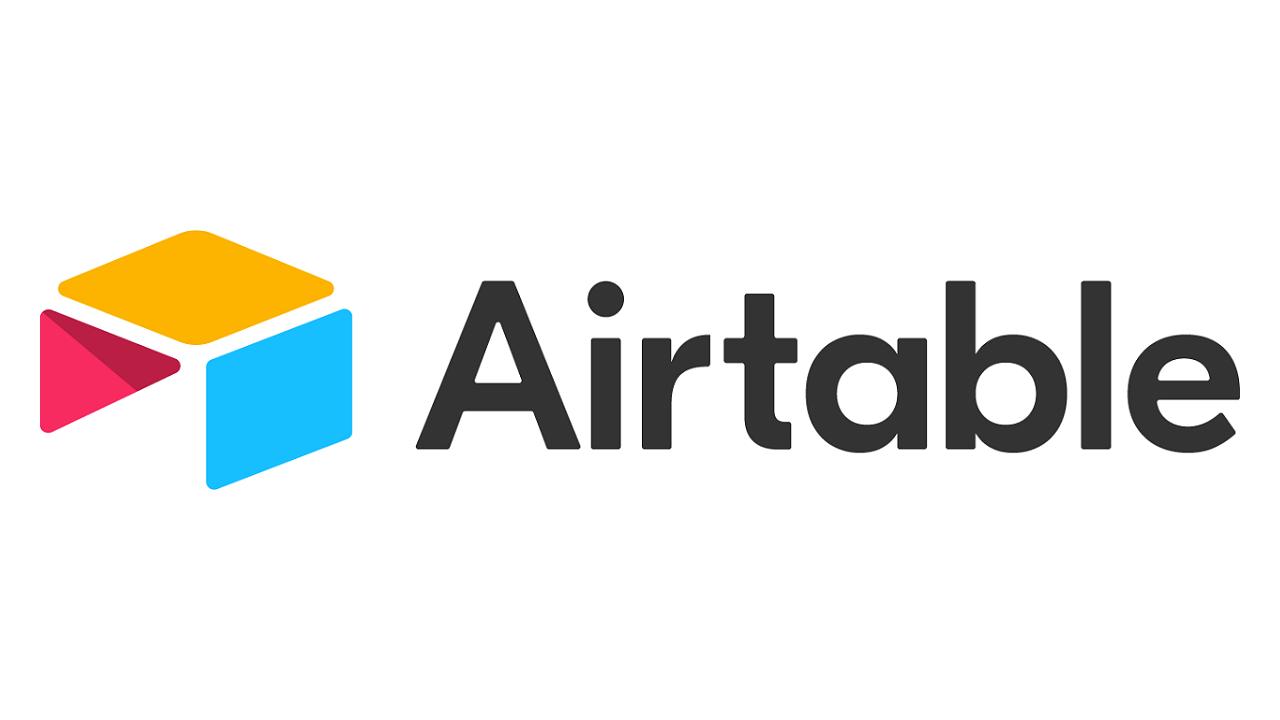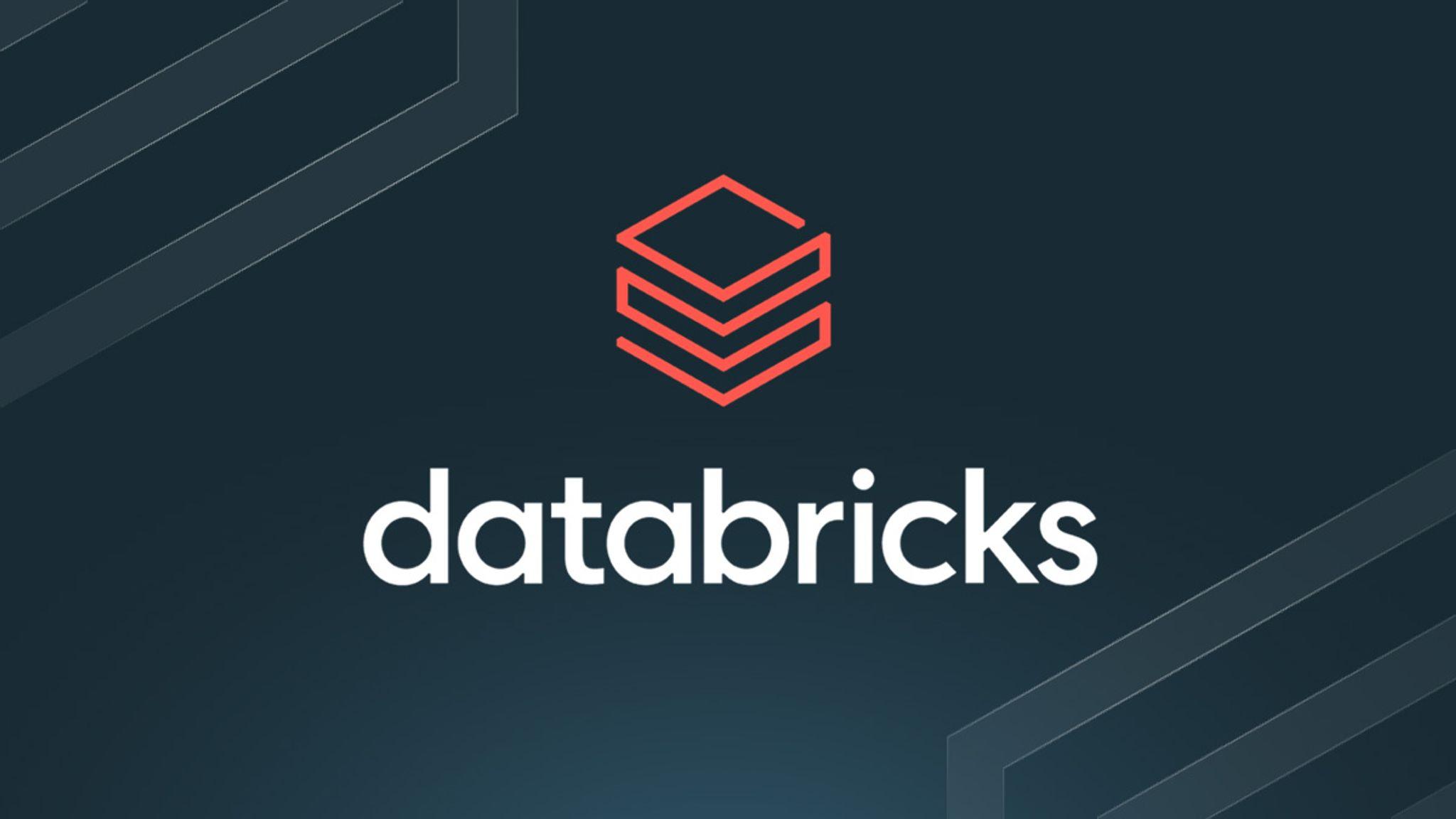
Airtable: An In-Depth Look at its Worth in 2025
This comprehensive review examines Airtable in detail, assessing its features, usability, security, integrations, and customer support. Airtable remains a notable choice for database management due to its unique relational capabilities, allowing connections between various datasets that yield valuable project insights for organizations across multiple industries.
Features: A Mixed Bag of Innovation and Limitations
Airtable excels with workflow automation and AI capabilities, offering customers innovative tools like AI-powered content generation and task management. However, it falls short in advanced collaboration and reporting, pushing teams to rely on external tools. Users value its flexibility, particularly in customizing task properties and automating workflows. The platform supports a variety of views including lists, Gantt charts, Kanban boards, and calendar layouts, all designed to help different departments within larger organizations collaborate effectively.
User Interface and Usability: Customizable Yet Complex
One of the standout features of Airtable is its highly customizable interface. This adaptability means that whether you're part of a marketing team, work in sales, or are involved in any industry, Airtable can be tailored to meet your specific needs. Users can customize dashboards to suit their roles, creating interfaces that look entirely different to a marketer compared to a sales professional.
Though highly adaptable to fit any department's needs, Airtable's interface requires a significant learning curve. Users often need to hire experts for setup, but once configured, its ease of use across different organizational sectors is well appreciated. Many users have found that setting up Airtable requires substantial effort and sometimes external assistance, with some teams investing in tech specialists familiar with the platform.
Security: Strong and Reliable Protection
In a world where data breaches make headlines, Airtable stands tall with its robust security measures, ensuring peace of mind for its users. Security is a strength for Airtable, complying stringently with privacy laws and regulations. It sports certifications like SOC 2 and ISO 27001, signaling their commitment to data protection. Advanced security features are reserved for higher-tier plans, ensuring data protection with SAML-based SSO and custom retention policies.
With a strong security score of 8/10, Airtable reassures its users with industry-standard security practices and compliance. Security loopholes are notably absent from its track record, making it a trusted choice for businesses handling sensitive data.
Integrations: Seamlessly Connected Ecosystem
The platform supports 24 native and third-party integrations, integrating smoothly with tools like Jira, Google Workspace, Salesforce, Zendesk, and Box. Additionally, Airtable extends its integration capabilities to third-party platforms such as Notion, Slack, Shopify, and HubSpot. Although offering fewer integrations than some competitors, its ease of integration earns positive feedback from users.
The real magic of Airtable's integrations lies in its ease of use, which has earned positive feedback from users. The implementation and integration process is seamless, allowing organizations to easily align these tools with their existing processes. This capability enhances productivity and promotes cohesive workflows across multiple applications within a team's tech stack.
Customer Support: Effective But Limited Access
Airtable's commitment to providing substantial support comes with certain limitations. While the help center, in-product support, and email support are part of Airtable's offerings, email support specifically caters to Business and Enterprise clients, limiting access for those on basic plans.
Users cite that Airtable's customer support team is prompt and generally helpful. However, some express the need for more in-depth assistance when tackling advanced functionalities, such as scripting or AI-related tasks. Despite these limitations, the perception remains largely positive, earning an 8/10 rating for responsiveness, though slightly hindered by restricted email support availability across all tiers.
Pricing Model: High Cost, High Barriers
Airtable is more expensive than many competitors, with a starting point of $20 per user monthly when billed annually. While offering a generous free plan, the cost for additional view-only users and data emerges as a frequent user concern. This pricing structure can create significant barriers for smaller teams or organizations with tight budgets.
Overall Impression: A Double-Edged Sword
Airtable's average score of 7.6/10 reflects its dichotomy of being a powerful tool with customization and automation potential but hindered by budgetary and learnability challenges. While the platform offers impressive functionality and security, the initial time investment and higher costs propel some users to seek simpler, more affordable alternatives. However, for organizations willing to invest in setup and training, Airtable provides a robust solution that can be perfectly aligned with operational needs.







